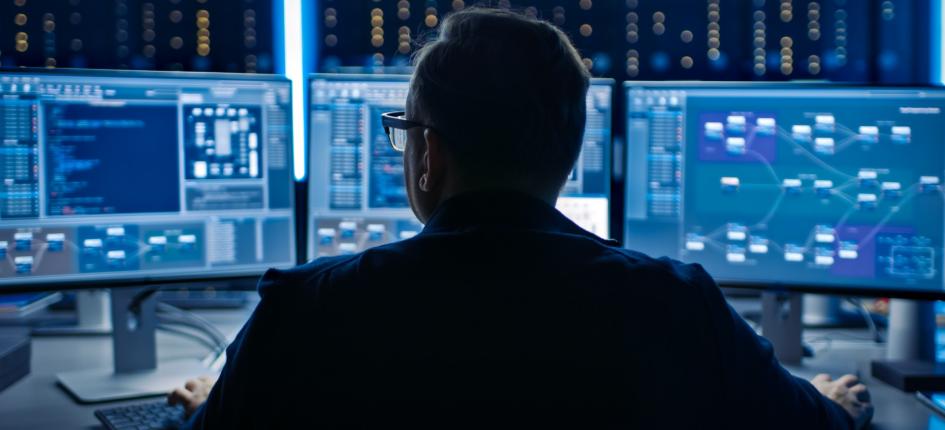Blockchain: The basics
Blockchain ≠ Bitcoin. When moving information, and therefore assets, from A to B via a decentralized platform, blockchain is the underlying technology and bitcoin is just one of many use cases (it was the first and remains one of the best).
Blockchain is a secure communication channel. All shared information and thus, for example, value chain transactions are stored forever on the blockchain. This is helpful especially when different companies collaborate. “If my supplier claims to have sent me five kilos of product A, but only four kilos arrive, I can prove that we agreed on five kilos and something went wrong somewhere,” explains Mauro Casellini. “Not with a document signed by hand, sent by e-mail and that may even have been forged, but with information stored immutably on the blockchain”.
Blockchain leads to greater transparency. The security of the communication channel leads to greater transparency. Thanks to the seamless traceability, every step of a supply chain can be analyzed in order to identify where a quality issue has arisen or where work has not been performed as required.
Blockchain for tamper-proof interaction between multiple parties. As long as a blockchain device or node remains operational somewhere in the world, everything will be stored in a tamper-proof way, forever.
Blockchain isn’t just for asset tokenization and financial advisors. “As I mentioned earlier, there is more to blockchain than just bitcoins, and blockchain is not simply the tokenization of equity,” says Mauro Casellini. “From my point of view, the whole process execution and value chain is just so exciting and in many ways easier to map and far more essential than the ability to move an equity digitally.”
Current use cases from practice
Mauro Casellini uses different use cases to illustrate how blockchain technology is already being used today. Tradelens, a joint venture between Maerks and IBM, exemplarily maps the complete value chain of container-based goods transport on the Blockchain. Louis Dreyfus Co, one of the world’s largest food shippers, also already maps a large part of the food manufacturing value chain - from raw material production to the final product in the store - on the blockchain. In coffee production, IBM Food Trust also stores the entire process on the blockchain, from the plantation to the coffee that ends up in a Nespresso capsule, for example. If a capsule contains poor quality coffee, you can scan its code and find out which plantation the coffee came from and who processed it. This makes it much easier to track at which point in the entire manufacturing process the quality standard was not met.
Looking ahead
So what is blockchain technology all about? Is it a revolution or a lot of hot air? “Blockchain technology is not a wonder of the world, nor will it replace everything that already exists,” says Mauro Casellini. “But it us helps to communicate in a tamper-proof way.” From his point of view, blockchain technology has a future: “Otherwise, Deloitte, PwC, E&Y, Gartner, IBM, etc. wouldn’t be investing millions and working on technologies.” For Swiss SMEs, however, this does not mean that they will now have to develop their own blockchain solution. But they need to accept that they will now have to take the step towards digitalization. This is becoming increasingly necessary, as this process will eventually lead to cost savings and greater transparency.




